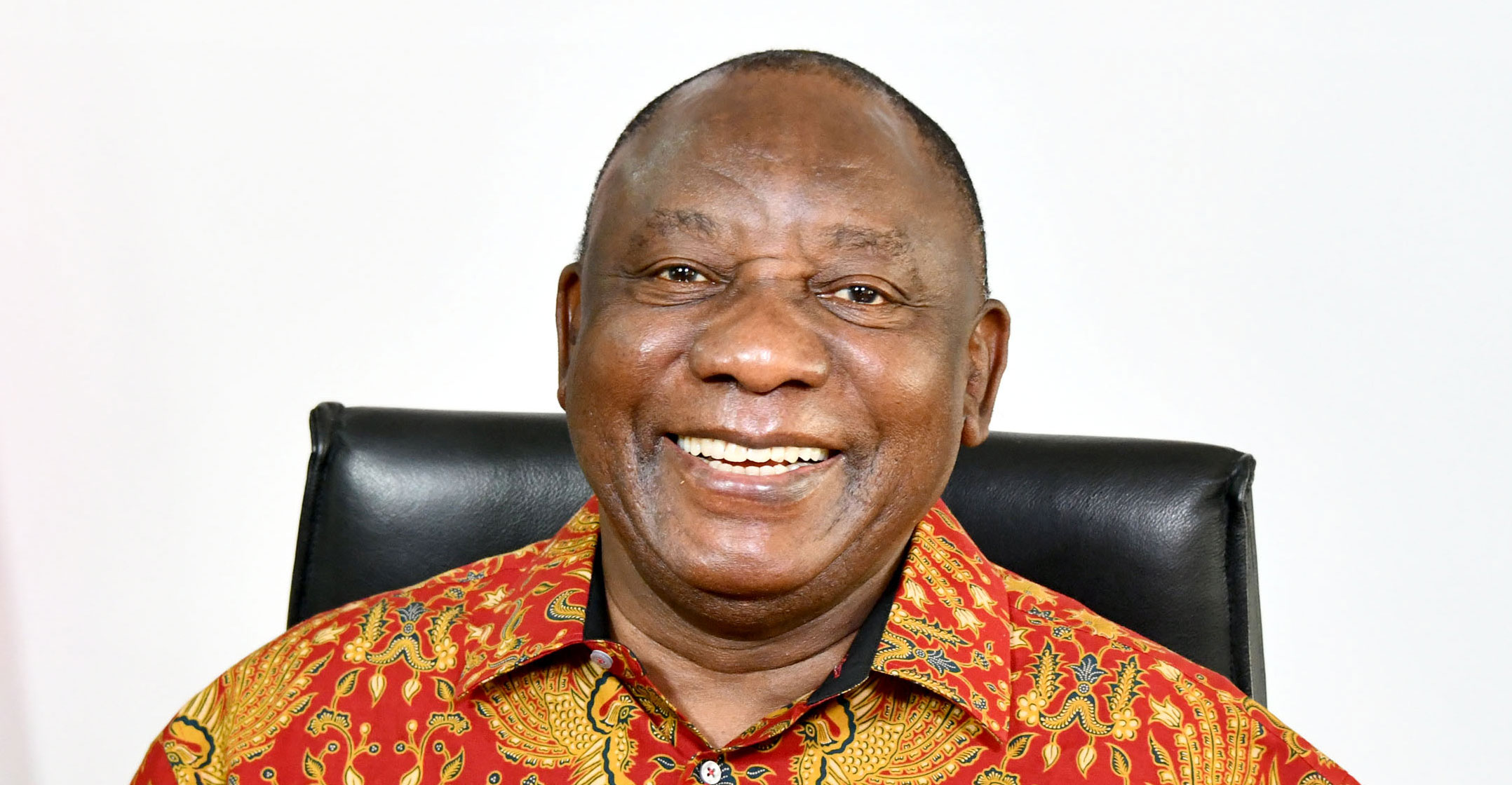
As the country strives to recover from the effects of Covid-19 pandemic, we are seeing science and innovation playing a far more prominent role both in our efforts to overcome the disease and rebuild our economy.
Last week, I attended the launch of a state-of-the-art vaccine manufacturing campus in Cape Town. The facility forms part of a multimillion-rand investment by the multinational technology company NANTWorks, which is headed by South African born scientist Dr Patrick Soon-Shiong.
South Africa already has advanced pharmaceutical manufacturing capabilities in companies like Aspen Pharmacare, Afrigen Biologics and Vaccines, and Biovac Institute, which is a public-private initiative.
These projects will greatly aid South Africa in our quest to become a hub of scientific innovation, research and development, especially in vaccine manufacturing for Covid-19, cancer, tuberculosis and other future pandemics.
Thousands of miles away, in Cape Canaveral in the US, the aerospace company SpaceX’s Falcon 9 rocket successfully launched three South African-made nanosatellites into space. The satellites form part of a project to detect, identify and monitor shipping vessels along our coastline.
These are just some of the projects that demonstrate how science and technology have a key role to play in our economic recovery, in attracting greater levels of investment, and in contributing to skills, knowledge and technology transfer to capacitate our country’s workforce.
We are therefore prioritising investment in science, technology and innovation to revitalise and modernise existing industries, as well as to create new sources of growth and stimulate industrialisation. There is huge potential in agriculture, mining, energy and manufacturing, among others.
Collaborative partnerships
This is an area where government has been pursuing several collaborative partnerships with the private sector and academia to broaden the frontiers of scientific endeavour.
We have, for example, undertaken projects around hydrogen, energy storage and renewable energy. We have supported emerging farmers through the Agricultural Bio-Innovation Partnership Programme. Government also has funding partnerships with a number of South African universities in the field of nanotechnology development.
We are looking far into space by enhancing the capabilities of the South African Square Kilometre Array radio telescope project and supporting a number of new discoveries using the MeerKAT telescope. At the same time we are using science to support and guide municipalities to plan for and assess the risks of climate change.
We are looking at how to harness new technologies for development, such as using 3D printing to build houses.
 To build on our successes and forge ahead with our transformation to a truly digital economy and society, we rely on a combination of technical skill and intellectual enterprise.
To build on our successes and forge ahead with our transformation to a truly digital economy and society, we rely on a combination of technical skill and intellectual enterprise.
Visiting the Biomedical Research Institute at the University of Stellenbosch last week, for which our government has invested R300-million, it was not so much the impressive laboratories that inspired awe, but rather the human skills and capabilities that had enabled such innovative research.
We need solid investment in skills development in these different industries, and a firm commitment to increase the number of students studying science, if we are to promote scientific excellence and its attendant economic benefits.
We will therefore continue to support initiatives such as the Grassroots Innovation Programme of the department of science & innovation, which provides support to local innovators to develop their concepts, create prototypes and commercialise their ideas. There is also the Imvelisi Enviropreneurs Programme that has bootcamps and business mentoring for innovators in the green economy, and a host of other incubation initiatives being piloted on campuses across the country in areas such as deep learning, artificial intelligence and data science.
As we have demonstrated during the course of this pandemic, South Africa is more than capable of holding its own in the international scientific community
As we strive to harness science, technology and innovation in the cause of economic growth, we must provide all the necessary support to innovators and become a country that nurtures great ideas.
As we have demonstrated during the course of this pandemic, South Africa is more than capable of holding its own in the international scientific community. Through the combination of our established scientific infrastructure and expertise, new investment in research and development, and support to budding innovators, we will and are able to propel our country into the fourth Industrial Revolution.
And most importantly, we will be able to more effectively use technology to grow our economy, create jobs and improve people’s lives.
- Cyril Ramaphosa is president of South Africa

